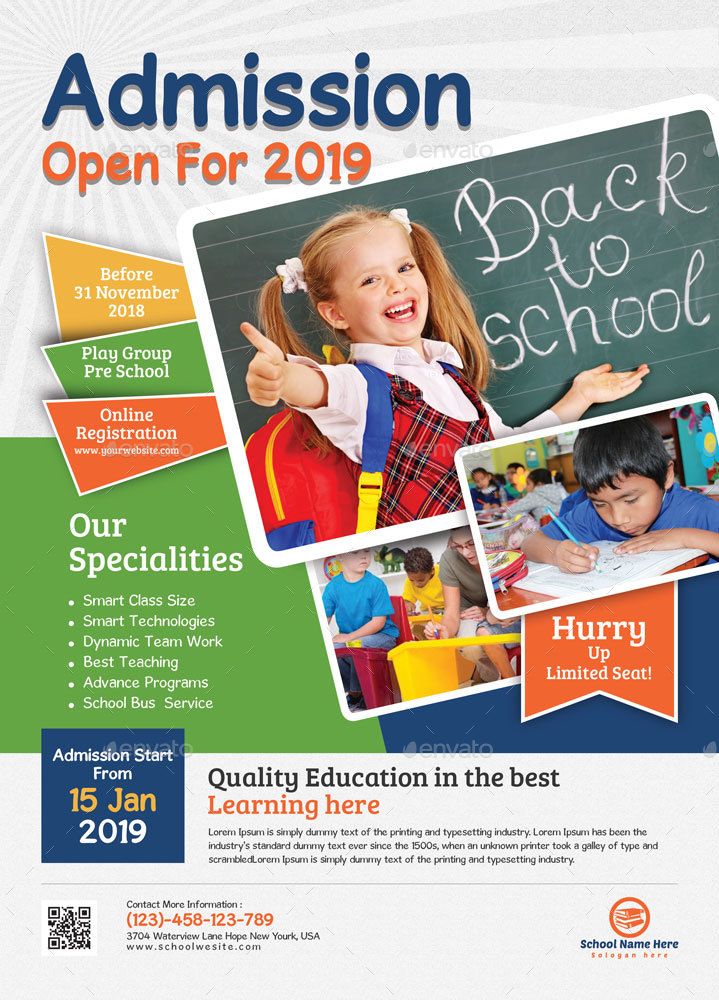

With class 10 boards becoming optional, and more emphasis being laid on practicals and assignments, there is less pressure on students, but, amidst all this, students might miss some crucial points to remember for their written exams. We, at NE have compiled a basic list of subject wise preparation for you to remember and excel in your exams.
Social Science
The course in social sciences gives students a basic understanding of their surroundings, important historical developments and their implications on the present world and basic economics.
Preparation Tips:
- Try to know geography, practically. If reading about a landform, if possible, visit that place to know the place and people.
- Try to know why an event is important, its implications on the society and the future. You are usually expected to know why an event is important. This is why history tests contain so many essay or long-answer questions.
- When you read through your books or your notes, not down the names, places and dates, and keep a chart or an outline that will put them in an order that makes sense to you.
Science
Class 10 Science teaches the general concepts in Physics, Chemistry and Biology. The topics give students a general outline of the scientific concepts. The concepts are elaborated on, in higher classes and hence, the class 10 lays a perfect foundation for higher classes.
Preparation Tips:
- Make flash cards with definitions of the new terms that you learn each day.
- Try to write the definitions in your own language without altering the meaning.
- Make notes, highlight, and if you don’t mind making notes in your book, then you can even summarize the page in the margins.
- Make a complete list of derivations, formulae and experiments in your syllabus and keep that list handy.
- Start attending classes and laboratory lectures. Perform each and every laboratory experiment.
Mathematics
Mathematics, at the class 10 stage is very elementary and teaches the concept of numbers, basic geometry and trigonometry. It builds a basic aptitude in a child and the concepts taught a beneficial while appearing for aptitude based tests at a much later stage.
Preparation Tips:
- Some formulas are very general and require you to identify the parts in the problem that correspond to parts in the formula. If you don’t understand how the formula works and the principle behind it, it can often be very difficult to use the formula. For example, while performing integration, it is not difficult to memorize the formula for integration by parts, however, if you don’t understand how to use this formula, you will find the memorized formula of no use.
- Some formulas have certain rules that you need to follow, in order to correctly use them. For instance, in order to use the quadratic formula, you must change the equation to standard quadratic form first.
- To score well in mathematics in a CBSE exam, it is very important to complete your NCERT book. Almost the entire paper revolves around the concepts given in your NCERT book.
- For a problem based question, Read the problem to get an idea of what you’re being asked to do. Write down what you are given and what you need to find. Work with the things given in a systematic way and try to find what is asked.
- Make a sheet of important concepts/formulas. Make sure you know these formulas and more importantly, their usage.
English
The course is intended to give students a high level of competence in English with an emphasis on the study of literary texts and will provide extensive exposure to a variety of rich texts of world literature as well as to Indian writings in English, including classics, and develop sensitivity to the creative and imaginative uses of English and give them a taste for reading with delight and discernment.
Preparation Tips:
- Read as much as you can. Any piece of good literature should not escape your hands: Your textbooks, the newspaper, or anything else you can lay your hands on.
- Read on varied topics; from philosophy to science to fiction. This will help you with the unseen passages and also enhance your vocabulary.
- Communicate in English as much as possible.
- Follow a good grammar book and know the basic rules.
- Try and comprehend what the author is saying and deduce logical conclusions from the text.
- For writing letters and applications, reports and speeches, know the formats.
Related Links

Latest
Articles
CBSE Compartment Result 2023 OUT: Click For Direct Link
Home CBSE Compartment Result 2023 OUT: Click For Direct Link The CBSE 10th Compartment Result 2023 is expected to be
IIT Roorkee Launches Professional Certification Program in Product Management
Home IIT Roorkee Launches Professional Certification Program in Product Management The fees five-month long programme is for Rs 1,40,000 +
Join Our Whatsapp Community
Lorem ipsum dolor sit amet, consectetur adipisicing elit, sed do eiusmod tempor incididunt ut labore et dolore magna aliqua. Ut enim ad minim veniam, quis nostrud








